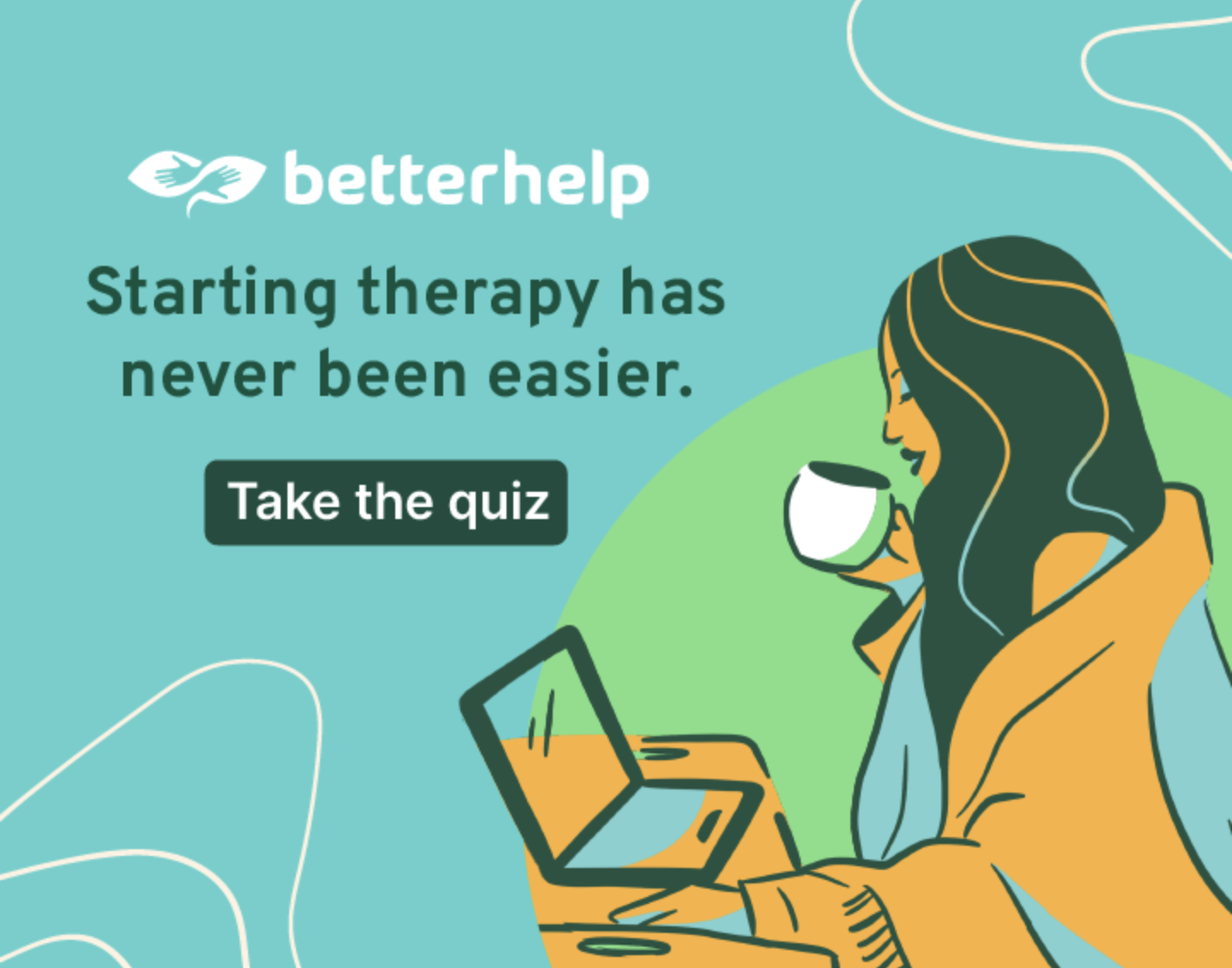A lot of lessons have been learned from dealing with the COVID crisis, both on the local and global levels. One question on everyone’s mind is how will the next global situation be handled? From an ethical standpoint, it’s a reasonable concern.
One of the mass failings regarding the COVID virus was a choice not to share information. There were many reasons for this, and several parties are guilty of withholding valuable insight at one time or another. Ethically, it is possible that The Powers That Be believed at certain times that it was the safer choice. It is an enormous responsibility to weigh the odds between the impact of a nation-wide quarantine and potential widespread panic. For this reason, there must be diplomacy moving forward in the future. COVID was incredibly challenging when sharing news with a country with no idea what to make of an unprecedented situation. Even the scientists are trying to ease people’s fears while also admitting a lack of knowledge. The best people can do follow sound leadership advice.
If there can be a silver lining to 2020 and its impact on all of our lives, it is that we have embraced a terrifying ordeal together and are now more prepared in case it happens again. We have also learned the importance of early quarantine and honest communication to prevent an invisible, airborne enemy’s escalation. Preventative measures are the first line of defense against a future occurrence, which means stringent safety and hygiene protocols need to be put in place. As far as future scenarios, there can be no Us vs.Them in cases such as a global crisis. While it is human nature to recede into the familiar in times of uncertainty and fear, there still needs to be inclusivity regarding safety measures and a cure. Research towards a cure is paramount, and there should be no obstacles interfering with collaboration among scientists, regardless of nationality or political stance. When it comes time to have future vaccine rollouts, some groups are in a higher-danger category that should be first in line. Other priority groups include first-responders and people in the healthcare industry who are regularly exposed to the virus.
This article was originally published on JeanetMaduroDePolanco.net










Read 0 comments and reply